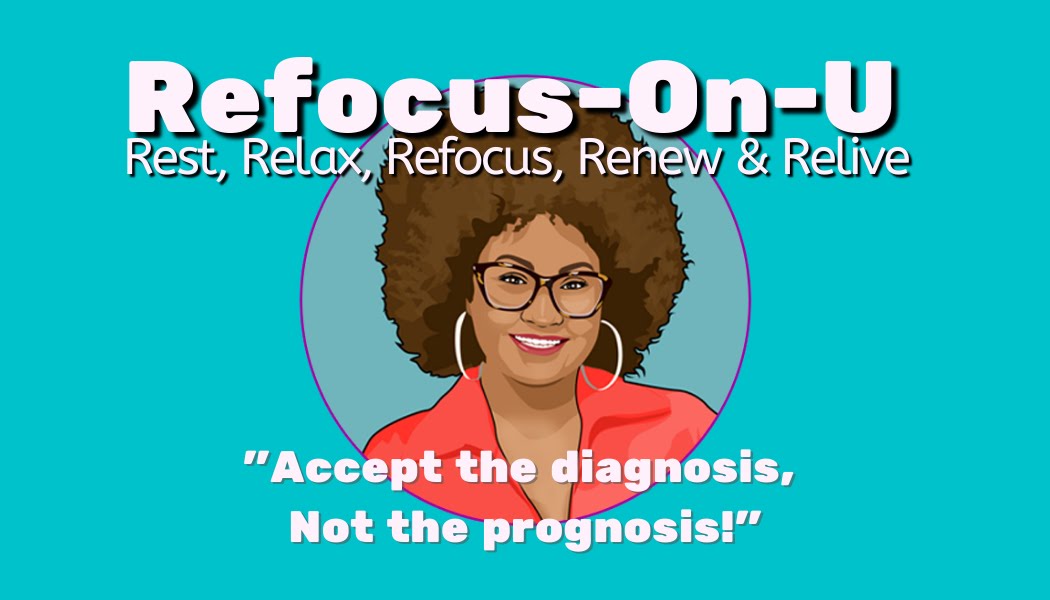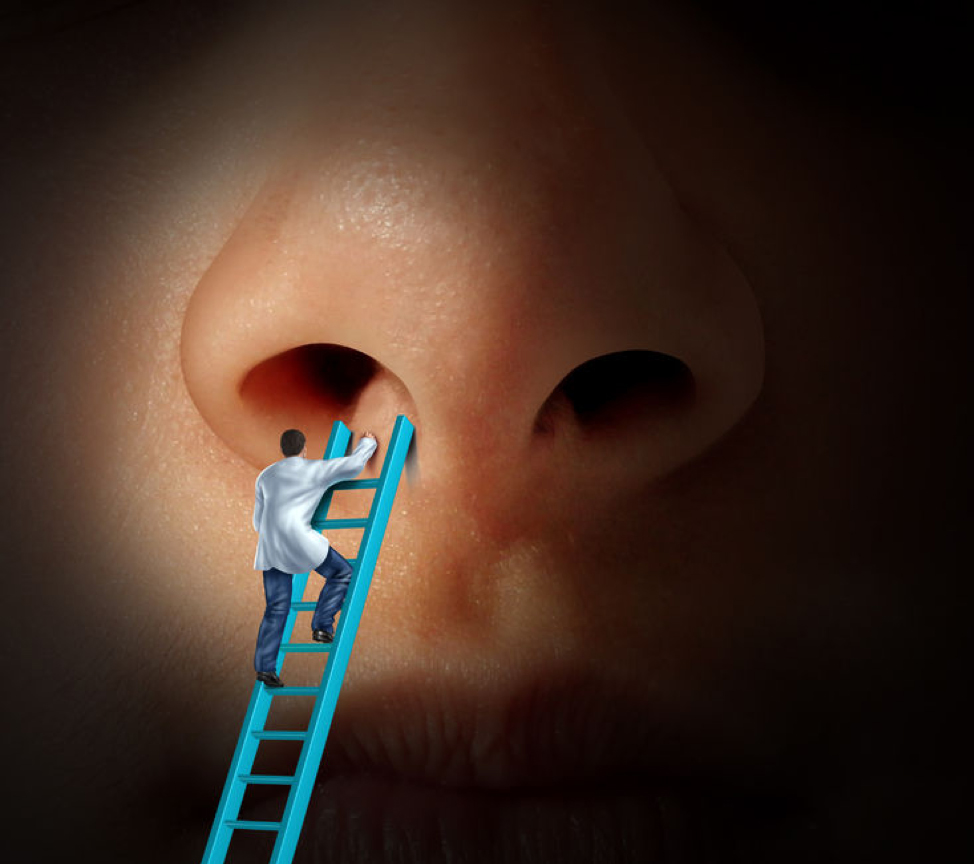The prostate is a small walnut-shaped gland in men that produces the seminal fluid that nourishes and transport the sperm. Prostate cancer begins when there is a mutation in an abnormal cell’s DNA, this causes abnormal cells to start to outgrow normal cells, these abnormal cells then form a tumor and can begin to invade other areas of normal tissue.
While this cancer may present with very few if any symptoms in its early stages if you are over the age of 50, it is best to talk to your Doctor about a PSA test. This test measures the protein that is produced by the prostate gland, an elevation in your PSA levels may indicate a higher suspicion of prostate cancer. While most men recount having no indication that there was a problem with their prostate before their diagnosis of cancer if you have experienced any the symptoms below you should check with your Doctor, they include but are not limited to:
- Blood in your semen
- Erectile dysfunction
- Trouble urinating
- Pain in your pelvic area
- The force in your stream of urine is decreased.
While Doctors do not know what causes this cancer, they have been able to identify some risk factors in the lifestyles of the men who are diagnosed with this disease.
- Most Doctors agree that men who consume large amounts of fat especially from red meat are more likely to develop prostate cancer.
- High amounts of fat stimulate testosterone, and Doctors believe that high testosterone levels stimulate the growth of cancer cells in the prostate.
- Men who smoke have a higher prevalence of prostate cancer.
- Men who are obese and have a sedentary lifestyle have a higher prevalence of prostate cancer.
- African American men have a 70 percent higher rate of developing prostate cancer.
- Men who have a family history of prostate cancer have a higher risk.
While Cancer is a big word that strikes fear in most, it does not have to have the last word. Make an appointment to see your Doctor, talk about your concerns, discuss your risk factors, and then make changes in your lifestyle; such as start exercising, stop smoking, and get rid of the high-fat diet. Not only will you feel better, but this change can increase your chances of getting a clean bill of health.







